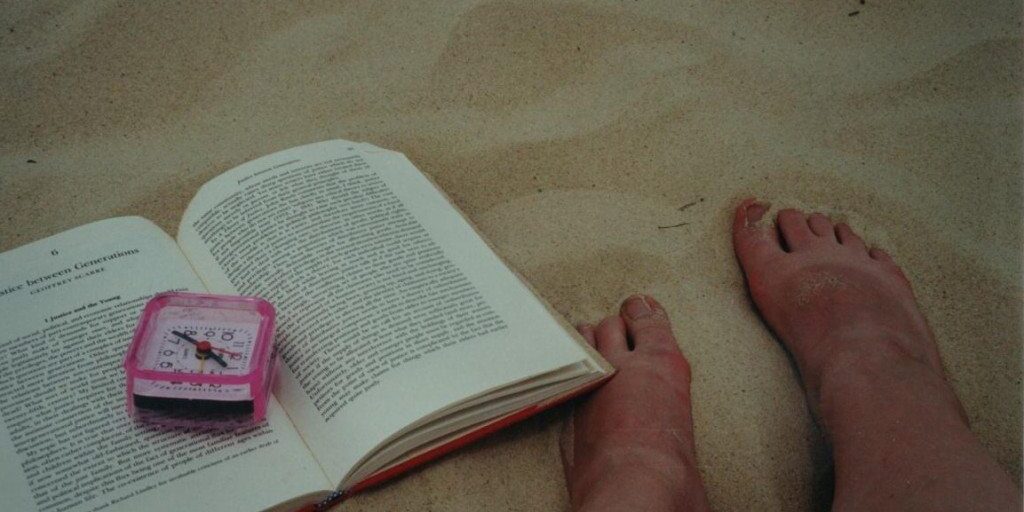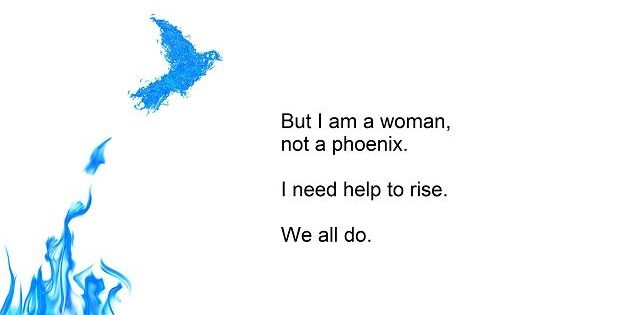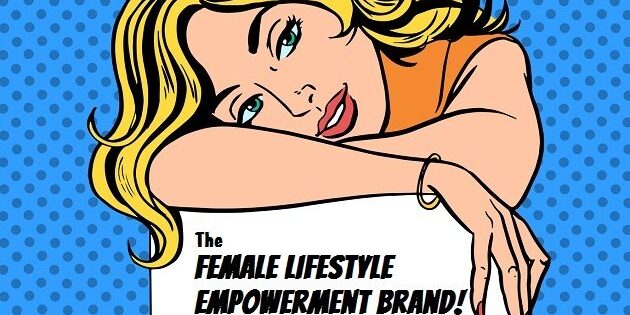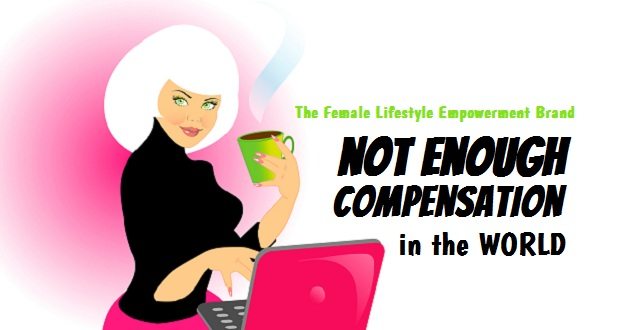
Not Enough Compensation in the World
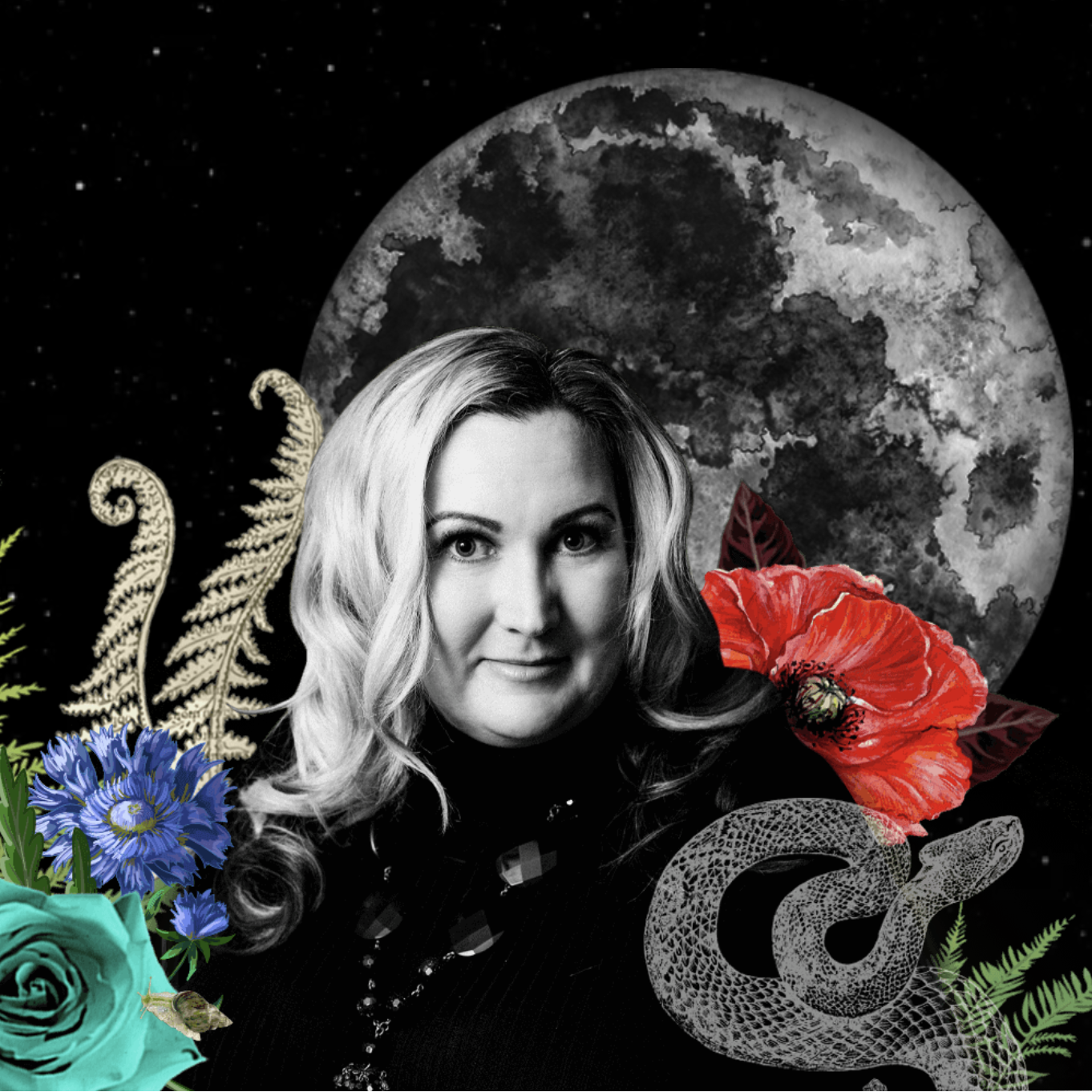
A Rather Long Note on the Cultural Context of The Female Lifestyle Empowerment Brand AKA part 2
We were at an elaborate, joyous, celebratory meal. One woman kept up a running commentary on everything she was and was not putting on her plate, why she was or was not eating it, her eating habits when she wasn’t at this particular table because contrary to what you might think by looking at her, she really does eat a lot, so much so that her husband calls her “Munchies”.
It seemed to me that she was seeking praise. She wanted us to acknowledge her virtue, her sacrifice, her superiority.
I gotta admit: it irritated the hell out of me.
It also mystified me. This woman was the skinniest, fittest, richest and most surgically contrived person at the table. She didn’t need to advertise, explain or amplify her minimal and apparently righteous food choices. Anyone born into our culture and possessed of even the most passing acquaintance with cause-and-effect could connect the dots in an eighth of a millisecond.
Why did she need our approval?
I think that was the part that I really wondered about. If her program of relentless self-denial and intervention yielded the goods she sought – and by all appearances, it did – what more could she need from this particular audience of women?
I didn’t get it until a few months later when I was touring a factory for a market research report I’d been commissioned to write.
My tour guide was soft-spoken and exceptionally pretty, thin and well-groomed. Not well-groomed like “nicely put-together”, but well-groomed like ambitious-NYC-ad-professional level of polished. Very, very shiny. Flawless.
So. We’re touring the factory. As we exit the factory, there’s a handful of women wearing coveralls sitting on a bench under an awning. Several of them are smoking.
As we walk away, my tour guide gets heated: “I just don’t understand woman who don’t take care of themselves. Why would you want to look frumpy and butch? Like, get your life together.”
Like, get your life together.
I got it. Right that second. I got why, on top of her material rewards, my dinner partner needed an extra helping of attention, praise and validation from women with less status than her. Because just like my gorgeous tour guide, no matter how many resources she secures via her unrelenting efforts to be very skinny, very pretty, and very polished, it’s never enough.
Not because she’s a venal monster whom nothing would satisfy. But because there’s never, or rarely, a moment when she’s not thinking about her weight, not dieting, not striving, not trying.
Every accrued reward still doesn’t add up to fully compensate her effort, because the investment required of her is nothing less than everything she’s got. Professional beauty and beauty as a tool for success is a whole-life, whole-being, all-the-time endeavor for which there is simply not enough compensation in the world. So she’s always on the hunt for new sources of revenue: more applause, more approval, more women as an envious audience.
And then there’s the get-your-life-together grumble. I suddenly got that, too. It’s like when working poor people blame welfare recipients for the economic woes of their country. If you’re grinding away at a job or three for in order to justify your basic presence and you’re exhausted and you see that someone else is not doing what you’re doing and yet still seems to have the audacity to, well, exist…
…you get pissed.
But not at the system which is actually at fault for keeping people poor. A system is an abstract entity that’s tough to visualize – and if you can’t see it, it’s hard to hate. For that, you need a person and a person who seems to be a free-rider. They’re opting out and if enough people do that the whole damn house of cards is going to collapse and all your sacrifice, all your work, all your unrelenting effort will have been for nothing.
And how dare they be happy? They haven’t earned the right to be acceptable never mind unconcerned that their overalls and cigarettes and unattenuated thighs signal the end of the world as we know it.
You know what frumpy or butch women signal? A world in which the pretty, skinny, contrived, insistently heterosexual white woman might not have a material advantage.
So that, I think, is the other part of why my dinner companion silenced the rest of us with her diet patter.
Because even at the pinnacle of pretty, she’s not adequately compensated for her effort. And just as the sight of The Beautiful Woman can incite fear and jealousy in other women, The Ordinary Woman or The Ugly Woman scares her, too. She might not win in that world.
Or she might. There’s no rule that says beauty is the opposite of intelligence, that slender can’t accompany savvy. Those binaries are bullshit. Do not hold me to them.
And let’s talk about this pinnacle-of-pretty thing for a moment, shall we?
It’s revealing.
Models. Actresses. Dancers. Strippers. Are they mercifully free of the body shame and the pervasive not-good-enough beauty anxiety that many (most?) ordinary women endure? Most of us look at pictures of them and think they’re perfect. What do they think?
Are they insulated from insecurity that comes with being female in a patriarchy? Do beautiful women have ease and freedom and guarantees that other women don’t?
Beautiful women get raped.
Beautiful women get beaten.
Beautiful women get exploited and used.
Beautiful women get abandoned.
Beautiful women get cheated on.
Beautiful women get divorced.
Beautiful women get (or stay) poor.
Beautiful women get judged and criticized and dismissed.
Beautiful women get addicted.
Beautiful women lose children, parents, spouses, loved ones.
Beautiful women go hungry.
Beauty is no guarantee.
But that’s the way it’s positioned in our culture’s success narratives: beauty is a lever and a protection. I know that every time I’ve gone on some get-thin-be-beautiful binge, it was explicitly about leverage. I wanted to be skinny and beautiful so that I could have the things I want to be safe. Safely loved, safely wealthy, safely celebrated, safe.
There is no such thing as safety for any woman anywhere in this world.
But some women are more explicitly marked as prey than others. Women of colour, trans women, women with disabilities, queer women, fat women, poor women – basically any woman who is not the ideal pretty young white woman is not just unsafe but actively marked as okay to fuck with, with impunity.
All women can be prey. Some women are easy prey.
That’s apparently the nature of the corporate world we live in. We hear it all the time in business books: kill or be killed. Be a shark. Piranha marketing.
That’s where I see beauty being used by smart, ambitious women as a career tool. The rationale is clinical, forensic. It goes like this:
Here is the nature of the patriarchal, white supremacist, corporate world: you are either prey or predator. My current position: prey. I don’t want to be prey. I also don’t want to be a predator. I don’t actually like this game at all but those are the rules. I don’t make them and they’re not going to break them for me. So. How do I survive? Or, if I’m ambitious, how do I get to the top? How do I win at a game of predator and prey?
I switch positions. If I can, I become a predator instead of obvious and easy prey.
I have had this conversation with myself. Several times. There were times – years! – when I decided to switch positions but then lacked the conviction and compunction to stay the course.
Alas.
And thank goodness.
Because the decision to switch positions in the hierarchy leaves the system intact. The women who are able to switch positions with the most ease are the women who, by luck of the draw, have some of the embodied resources and statuses needed to succeed in a racist patriarchy.
In other words: young, smart, pretty white women It is no coincidence that most of our marquee women leaders are professionally pretty. (Q. Are all your leaders and influencers beautiful? White? Thin? Why?) It’s not a coincidence that a significant number of them were in the display professions before they decided to leverage their beauty in their own marketing campaigns. Before they switched positions.
It’s what our current cultural narratives and success models allow and prescribe.
Position-switching is, to me, postfeminism in a nutshell. According to postfeminism, the collective movement for women’s rights is over. Gains have been made. The apparently corrected corporate and social system remains intact. The powers of the market and the manifest mind are supreme. All are equal. All that remains are individual actors making individual choices to either succeed or fail, be predator or prey. It’s all choice (1). It’s all lifestyle.
And when it comes to the dominant mainstream understanding of the status of women, I think ‘postfeminism’ is the right description. Unlike feminism, which is a movement, postfeminism isn’t something you sign up for and get a membership card plus a sign on a picket and then march around trying to make happen. It is happening. We’re in it whether we subscribe to it or cosign it or not. Postfeminism is our current paradigm.
In our postfeminist paradigm – which is to say, daily life – a woman whose appearance aligns with a patriarchal, white-supremacist, heteronormative, ableist construction of beauty can choose to switch positions and advance. She’s still not safe, and we all know that, but she’s more protected and better paid – though perhaps still not adequately compensated for her third-shift beauty efforts – than most women.
That’s “empowerment” in a postfeminist world: do a bit or even a lot better than other women. Any social issue is about numbers and equality. Add more of whoever’s missing, stir, and we’re all good. Be good. Try harder. Think positive. Choose wisely from predefined choices that are no choice at all.
Post-feminist is not empowerment. It’s empowermyth.
Here’s what real empowerment in an intersectional feminist world looks like: let’s make the world better so we can all do better. Social issues are about justice, about repairing wrongs and about eradicating the conditions that produce those wrongs. Individual choice might raise you and only you up – maybe – but it won’t save us.
The online spaces in which we’re seeking empowerment are of our culture and our paradigm. They’re reproducing and elaborating on our culture’s success narrative, so of course they’re reflexively and nearly completely postfeminist (2).
The Female Lifestyle Empowerment Brand? Postfeminist.
Our signature entrepreneurs and big-name, big-audience leaders in most women’s spaces? Postfeminist.
Recognizing these leaders and their methods and marketing as postfeminist is not just useful, it’s essential. It helps you predict what to expect from them and then manage your expectations – not just of them, but of yourself.
Here’s what I mean. All summer – all my life, really – I tried very hard to find more time, make more time, do more, be more. I religiously read paens of productivity. I hacked the hell out of my schedule and organized my family into the kind of regimentation that makes marines look lackadaisical and even desperately time-tracked my every waking minute on an app on my phone in an attempt to determine where my one wild and precious life was going. And even with all this furious effort, I still only had between 43 and 48 minutes of ‘free’ (those are air quotes) time each day, if you counted up the scattered seconds and broken minutes squirreled away between obligations. My conclusion, informed by the productivity and success narratives of our culture, was that I’m still not organized enough. I’m not working hard enough or trying hard enough. Most people don’t, the greats tell us, which is why most people fail. I will fail. I will never write this book.
And then I read Brigid Schulte’s declaration that time is a feminist issue and a symphony of fireworks went off inside my head. There is a reason I cannot get enough time and it’s not a personal failing. It’s a systemic failure. I work a full-time corporate job, a second shift of home and family, and a Beauty Myth third shift. The premise of our corporate world – that a worker is a man with a full-time wife at home, taking care of domestic responsibilities and him so he’s free to dedicate himself 40 hours plus to his job – remains intact even though it’s not true (and never was) and that premise and practice intersects with the relentless labour required to perform femininity (domesticity, beauty). Corporate expectation of 40 hours plus, plus my second and third shifts which are not optional (good luck with promotions if you don’t at least make a basic play at the beauty game and children don’t raise themselves), plus specific public policy decisions around caregiving and work conspire to claim my every waking minute.
It’s not that I’m failing at time management. It’s that our public and private worlds are failing to manage their expectations of women.
It’s a bleak epiphany, sure, but when I had it for myself about time, it was a massive relief. Despite what the success narratives and leaders of our culture insist, I am not a failure.
In fact, I am outrageously excellent at everything I do. That I can do all of it is a miracle and a tragedy. I am a woman, not a beast of burden. I shouldn’t have to shoulder this much of our social burden, alone.
We shouldn’t have to carry this much of the burden.
We. Women.
And that’s the a-ha moment – the sigh of relief, the collective exhale – that a feminist perspective like time is a feminist issue allows.
The alternate narrative around time, of go-go productivity and work-harder-try-harder-be-the-exception, is a postfeminist one. It considers its wisdom to be universal and universally applicable. If you can’t apply its teaching to your life, that’s your choice and your failing. So while it seems to be empowering, and sometimes feels exciting like that, the carroty promise it’s extending to you is about being the exception and switching positions. The empowerment these teachings and teachers offer is about creating the good life for one, not all.
I’m not saying there’s no value there. I’m not saying there’s no wisdom to be had or no lessons to be learned. I’m just saying there are limits to what these spaces and leaders can offer you and what usually happens when we reach those edges, and find them lacking, is that we think we’ve failed them and ourselves rather than they and their philosophies have failed us.
That’s why I think it’s important to apprehend that our mainstream online women’s communities and female leaders are, for the most part, postfeminist. Understanding that helps us manage our expectations of them and us. It provides a predictive map of what they can and cannot offer. They can offer philosophical and concrete skills that will help a few exceptional women – and I mean exceptional in both the meritocratic and aristocratic senses of the word – switch positions and succeed in the world as it is. They can offer useful hacks and clever tricks to get your position-switching head right as you hustle. What they cannot offer you is the collective insight that, by design, the pressures squeezing you are squeezing most of us and compressing some more than others. And without that insight, they can’t offer solutions or help build communities dedicated to implementing those solutions. They can’t help you materially intervene to rejig this unjust rock (3).
Postfeminist leaders and teachers can offer you respite. They cannot offer us relief.
The world-changing rhetoric and empowerment on offer in these spaces is, literally, thin.
Yoga. Fitness. Spirituality. Entrepreneurism. Career (even and especially Lean In feminism). Self care. Positive thinking. Decluttering. All of these places could be places in which we talk back to the system producing the stress, overwhelm, overwork, insecurity and time-theft endemic to so many of our lives. All of these places are spaces in which we could band together and act back on the sexist limits and egregiously gendered expectations placed on us. But instead, what we’re learning about empowerment in these places is that you have a choice: thin your thighs and thicken your bank balance…or…what?
Empowerment in these postfeminist online spaces pivots on that binary of shadow/light threat/promise. In a postfeminist understanding of the world and women’s lives, lack of agency – read: success – isn’t a function of systemic oppression, it’s a bad-choice lifestyle of broke, fat and frumpy. Empowered is what you are when you choose wisely, obey, get skinny and rich and zen and then teach other women how to be skinny and rich and zen. Bonus points if you can then drop all the pink stuff and pandering, go gender neutral, get mentioned in the Wall Street Journal and then start selling to the big boys.
(Watch for it. That will be the story arc over the next five years.)
The individualist, postfeminist empowerment being preached, reinforced and sold in most online women’s spaces isn’t empowerment at all. It isn’t substantive, feminist, collective or just.
When we come together, revoke our consent, make new things happen and create justice and new opportunities for more people: that’s empowerment.
Lianne Raymond wrote something recently that’s wise and recalibrating, so I’m going to riff on it and even risk getting it wrong. We keep hearing over and over how important self-care is, right? Then we learn different ways to do that for ourselves, different practices. Go to the salon. Get some rest. Journal. Get a massage. Nearly all of the recommendations are solitary practices. You do them by yourself, for yourself. Same with self-advocacy, self-respect, self esteem. They’re all about you and your choices, you and your practices, you and your relationship with yourself. You do them with and for yourself.
Here’s what Lianne Raymond writes about all of that:
But before I go any further – let me say I am not a big fan of the way the terms self-love, self-care & self-esteem are used in the self-help world. The implication often is that these are things we are meant to do on our own. They aren’t. It’s the DIY movement gone to the soul level. These are hungers that are meant to be filled in connection from the moment of our birth.
These are hungers meant to be filled in connection.
We are supposed to be able to go to the well – and the well is each other – and fill our cups, and drink. We are supposed to be loved and cared for and nurtured. We are supposed to be in community. That our culture is so cruel and corrupt that we cannot get the nurturing and sustenance we need from each other is why we need radical solo self care practices.
It’s telling to me that bell hooks and Audre Lorde were writing about self care twenty and thirty years ago in a distinctly defiant context of black liberation and social justice. They invented self care in service of black woman and revolution. How do you nourish and rejuvenate a self the world wants to exploit or extinguish? How do you sustain yourself and grow your resources so you can act back on that unjust world? Self care, when you are denied the basics of self and care, is not about indulgence. It’s about survival. It’s about justice (4).
That we need self care at all, and that we need it so desperately that we’ve turned it into an industry, is a receipt. Proof. Documentation. The larger community will not protect you or care for you, so you must do it yourself, for yourself. (I have never heard a white male executive talk about his self-care practices – and why would he need to? Everything in every one of his worlds – personal, public, political – is designed to cater and tend to him.)
But in postfeminist and mostly white hands, the revolutionary practice of self care becomes another commodity. Self-care, which could be a tool with which challenge to the system, becomes a way to cope with it, as is, and still find the energy to succeed in it, as is. The industry of self care has so much transformative collective potential but it’s being co-opted and hollowed out so that it preserves rather than confronts our sexist, racist corporate structures. The pressures, expectations, discrimination, degradation and deaths of white supremacist patriarchy got ya down? Here. Have a massage. Feel better? Then get thee to a yoga mat and go get that money, tiger!
Tigress.
I’m not saying don’t value yourself, don’t take care of yourself. I’m saying that the urgency around self care is a reaction to the absence of community care offered to you. It’s a testament to the lack of value attributed to around certain peoples within our culture. Love, care, esteem: these are communal rather than individual practices. They are most powerful and transformative when we are in community with each other.
In community is the key.
In community is the key to empowerment, too – and that’s what’s missing from postfeminist formulations of agency and efficacy. Rather than striving as individuals to switch positions in an oppressive hierarchy and then teaching others how to do that, too, empowerment is when we are in community with each other and working together to change the nature of the game. Empowerment is substantive, collective and feminist. It’s not a product of an individualist, it’s-all-choice, postfeminist, Female Lifestyle Empowerment Brand.
Empowerment isn’t a brand aimed at a select few ideal customer avatars. It’s justice for all.
Empowerment is not when we use our culturally prescribed beauty – if we can even access such a thing – to switch positions from prey to predator.
Empowerment is not when we use our beauty to signal the prestige that comes with switching positions and then use that prestige to gain authority over other women.
Empowerment is not when we use our beauty to prey on each other in the existing system.
Empowerment is when we offer each other care and community and come together to correct grievous moral wrongs and change the unjust system. Collectively. For all. Now, dammit, now.
Because there’s not enough compensation in the world for anything less.
This is part 2 of my work on The Female Lifestyle Empowerment Brand. You can find part 1 – an introduction to the concept – here.
Are you interested in (or exasperated with) The Female Lifestyle Empowerment Brand? As I’m researching my book and developing background pieces and chapters, I’ll share my thinking and preview critical parts with you by email in my Sunday Love Letter. I’d thrilled if you sign up to receive it.
1. I’m riffing on Diane Negra’s definition of postfeminism in What a girl wants? Fantasizing the reclamation of self in postfeminism (first encountered via Renee M. Powers, below). {back}
2. This bing-bing-bing shock of recognition came from Renee M. Powers 2012 M.A. dissertation, Postfeminist Social Networks: Traditional Femininity in Life-Coaching Blogs and Image-Aggregating Websites. {back}
3. I lifted this paragraph from one of my Sunday Love Letters. {back}
4. Ditto, this paragraph in which I’m referring to bell hooks’ Sisters of the Yam: Black Women and Self-Recovery and Audre Lorde’s The Cancer Journals and A Burst of Light. {back}

